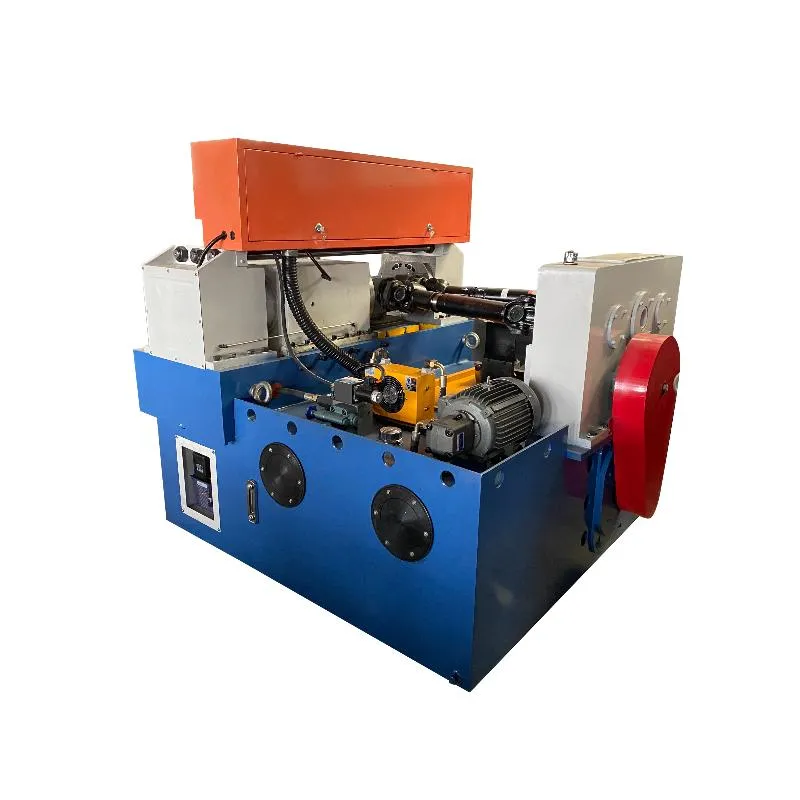
-
 Afrikaans
Afrikaans -
 Albanian
Albanian -
 Amharic
Amharic -
 Arabic
Arabic -
 Armenian
Armenian -
 Azerbaijani
Azerbaijani -
 Basque
Basque -
 Belarusian
Belarusian -
 Bengali
Bengali -
 Bosnian
Bosnian -
 Bulgarian
Bulgarian -
 Catalan
Catalan -
 Cebuano
Cebuano -
 Corsican
Corsican -
 Croatian
Croatian -
 Czech
Czech -
 Danish
Danish -
 Dutch
Dutch -
 English
English -
 Esperanto
Esperanto -
 Estonian
Estonian -
 Finnish
Finnish -
 French
French -
 Frisian
Frisian -
 Galician
Galician -
 Georgian
Georgian -
 German
German -
 Greek
Greek -
 Gujarati
Gujarati -
 Haitian Creole
Haitian Creole -
 hausa
hausa -
 hawaiian
hawaiian -
 Hebrew
Hebrew -
 Hindi
Hindi -
 Miao
Miao -
 Hungarian
Hungarian -
 Icelandic
Icelandic -
 igbo
igbo -
 Indonesian
Indonesian -
 irish
irish -
 Italian
Italian -
 Japanese
Japanese -
 Javanese
Javanese -
 Kannada
Kannada -
 kazakh
kazakh -
 Khmer
Khmer -
 Rwandese
Rwandese -
 Korean
Korean -
 Kurdish
Kurdish -
 Kyrgyz
Kyrgyz -
 Lao
Lao -
 Latin
Latin -
 Latvian
Latvian -
 Lithuanian
Lithuanian -
 Luxembourgish
Luxembourgish -
 Macedonian
Macedonian -
 Malgashi
Malgashi -
 Malay
Malay -
 Malayalam
Malayalam -
 Maltese
Maltese -
 Maori
Maori -
 Marathi
Marathi -
 Mongolian
Mongolian -
 Myanmar
Myanmar -
 Nepali
Nepali -
 Norwegian
Norwegian -
 Norwegian
Norwegian -
 Occitan
Occitan -
 Pashto
Pashto -
 Persian
Persian -
 Polish
Polish -
 Portuguese
Portuguese -
 Punjabi
Punjabi -
 Romanian
Romanian -
 Russian
Russian -
 Samoan
Samoan -
 Scottish Gaelic
Scottish Gaelic -
 Serbian
Serbian -
 Sesotho
Sesotho -
 Shona
Shona -
 Sindhi
Sindhi -
 Sinhala
Sinhala -
 Slovak
Slovak -
 Slovenian
Slovenian -
 Somali
Somali -
 Spanish
Spanish -
 Sundanese
Sundanese -
 Swahili
Swahili -
 Swedish
Swedish -
 Tagalog
Tagalog -
 Tajik
Tajik -
 Tamil
Tamil -
 Tatar
Tatar -
 Telugu
Telugu -
 Thai
Thai -
 Turkish
Turkish -
 Turkmen
Turkmen -
 Ukrainian
Ukrainian -
 Urdu
Urdu -
 Uighur
Uighur -
 Uzbek
Uzbek -
 Vietnamese
Vietnamese -
 Welsh
Welsh -
 Bantu
Bantu -
 Yiddish
Yiddish -
 Yoruba
Yoruba -
 Zulu
Zulu
Exploring Different OEM Types of Thread Rolling Machines for Various Applications
Understanding OEM Types of Thread Rolling Machines
Thread rolling machines are essential tools in the manufacturing sector, particularly for the precision formation of threads on various fasteners, including screws, bolts, and nuts. As the demand for high-quality threaded components increases across different industries, original equipment manufacturers (OEMs) have developed various types of thread rolling machines, each designed to meet specific production needs. This article delves into the different OEM types of thread rolling machines, their applications, and their significance in modern manufacturing processes.
Types of Thread Rolling Machines
Thread rolling machines can be categorized based on their operational method, design, and the type of threads they produce. Here are some of the primary types
1. Flat Die Thread Rolling Machines Flat die machines utilize two parallel dies to roll the workpiece, which is usually fed from a coil. This method is beneficial for producing straight, continuous threads and is commonly used for manufacturing screws and bolts. Flat die machines are particularly appreciated for their efficiency and ability to produce high volumes of threads with excellent precision.
2. Planetary Thread Rolling Machines In planetary thread rolling, the workpiece is rolled between a fixed and a rotating die. The rotating die moves on a planetary axis, allowing for a unique approach that can create various thread profiles, including complex shapes. This type of machine is ideal for small to medium-sized components and offers exceptional surface finish and dimensional accuracy.
3. Cylindrical Thread Rolling Machines Cylindrical thread rolling machines are designed for rolling threads on cylindrical workpieces. They are particularly advantageous for achieving high production rates of cylindrical components, making them popular in industries that require mass production, such as automotive and aerospace.
4. 3-Die Thread Rolling Machines Utilizing three dies, this type of machine is perfect for rolling external threads with high standards of precision. The use of three dies helps distribute the rolling force evenly, resulting in a superior finish and allowing for the production of more intricate thread designs. These machines are widely used for producing high-strength fasteners.
5. Multi-Station Thread Rolling Machines As the name suggests, these machines can accommodate multiple thread-forming stations. This versatility allows manufacturers to produce various sizes and types of threads in a single setup. Multi-station machines are invaluable in high-volume production environments, such as those found in assembly lines.
oem types of thread rolling machine

Applications of Thread Rolling Machines
The versatility of thread rolling machines makes them applicable across various industries. Common applications include
- Automotive Industry Used extensively for the production of bolts, nuts, and other fasteners critical for vehicle assembly. - Aerospace Industry Manufacturing high-strength threaded components that meet stringent quality and safety standards. - Construction Industry Producing screws and anchors essential for building infrastructure. - Electronics Industry Rolling threads for small components that are necessary for electronic devices.
Importance of Thread Rolling Machines
The significance of thread rolling machines in manufacturing cannot be overstated. They provide several key advantages
- Cost Efficiency Thread rolling is generally more cost-effective compared to other methods like cutting or machining. It reduces material waste and production time while increasing output. - Superior Strength and Durability The forging process inherent in thread rolling enhances the grain structure of the material, leading to stronger and more durable threads. - Precision and Consistency Modern OEMs leverage advanced technology to ensure that every component produced meets precise specifications, resulting in fewer rejects and higher quality assurance.
Conclusion
Thread rolling machines play an integral role in the manufacturing of threaded components, with OEMs providing various types suited for different applications. As industries continue to evolve and demand more efficient, precise, and durable parts, the technology behind thread rolling machines will undoubtedly advance, ensuring their relevance in future manufacturing processes. Choosing the right type of thread rolling machine can greatly influence production efficiency, product quality, and ultimately, business success.
